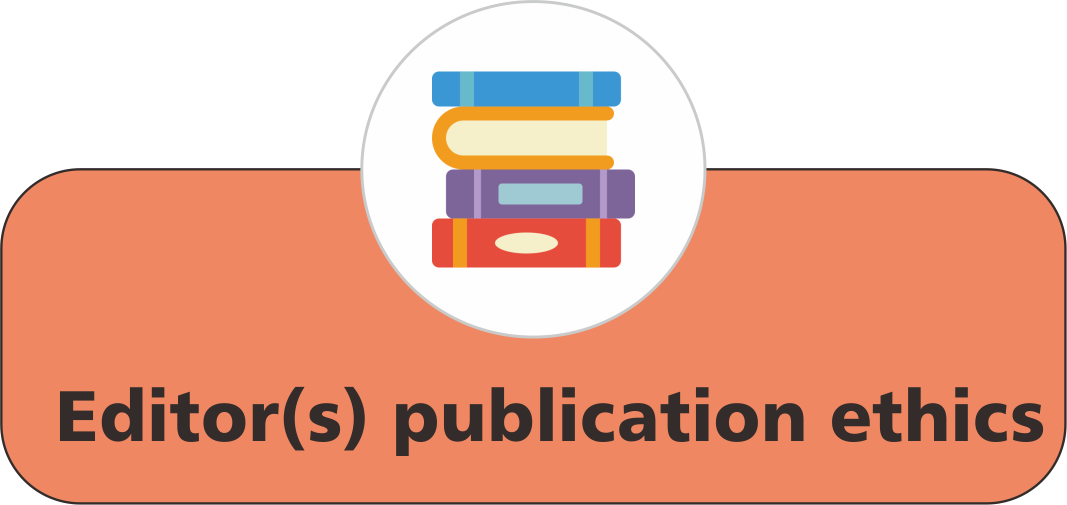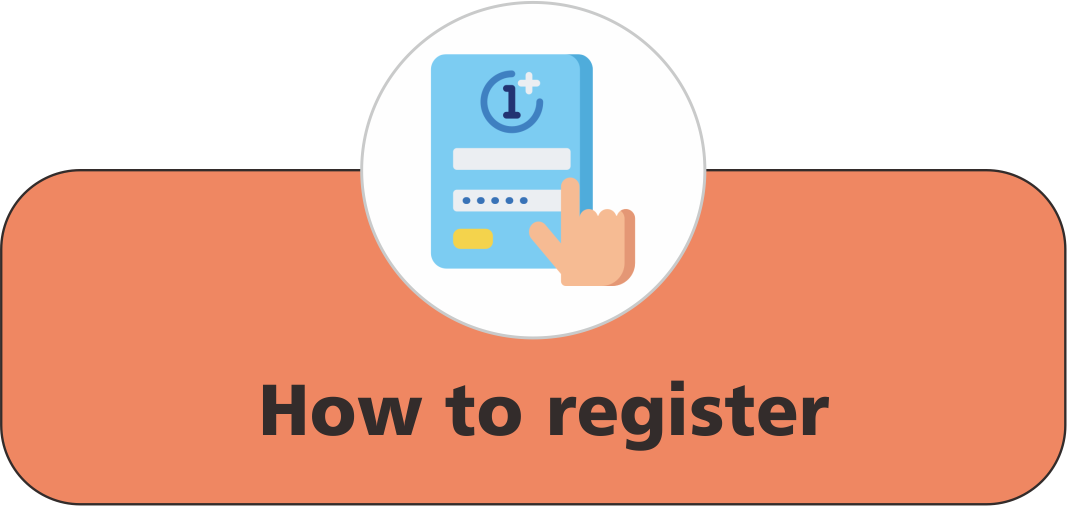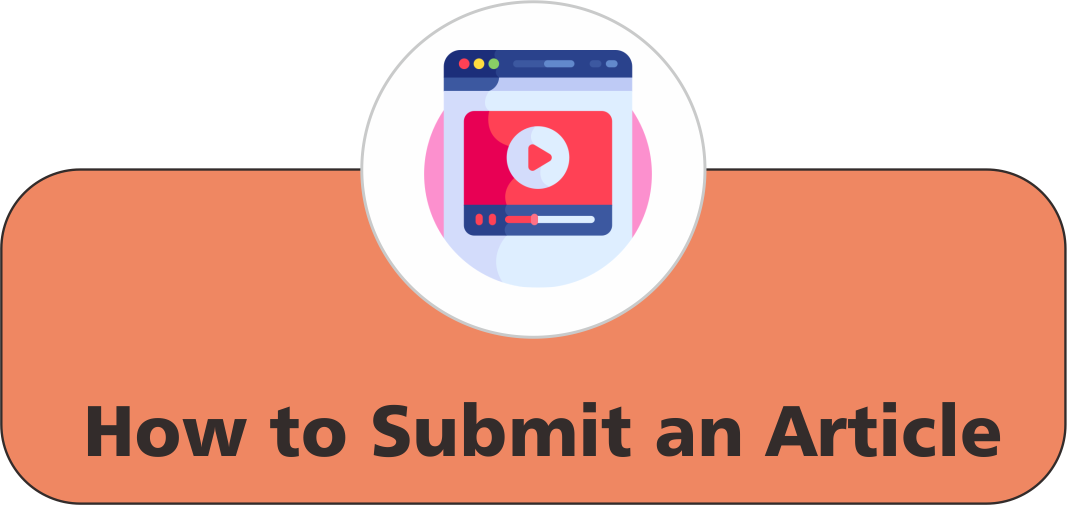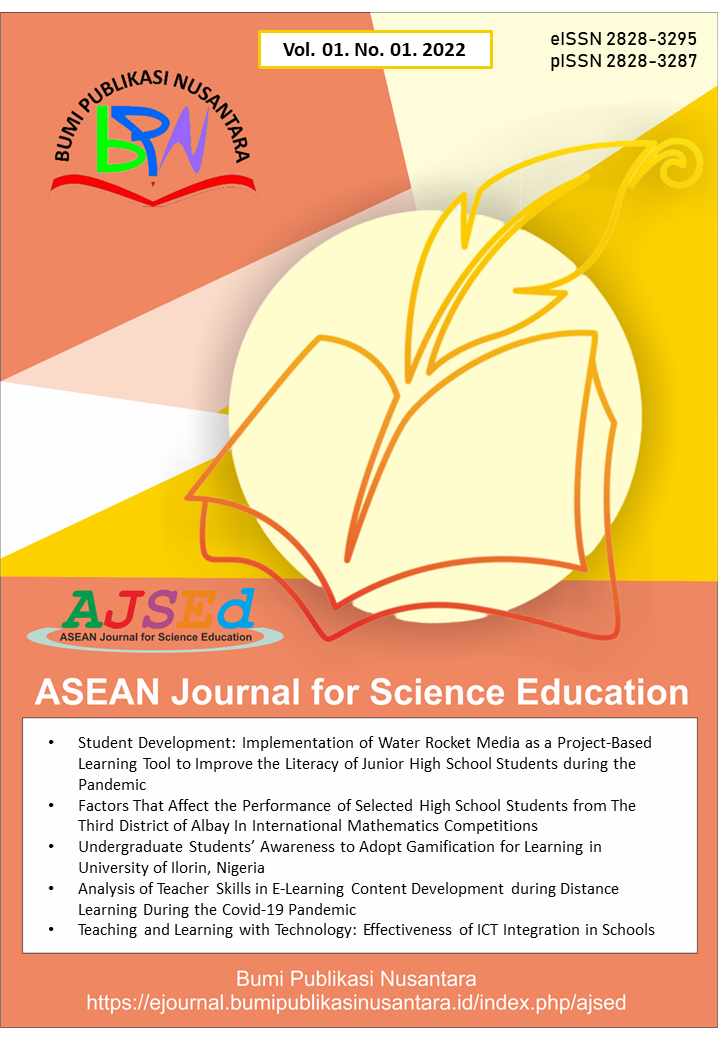Enhancing Professional Readiness in Vocational Education Through an Integrative Approach Aligned with the Sustainable Development Goals (SDGs)
 ),
),
(1) Tashkent Institute of Chemistry and Technology
 Corresponding Author
Corresponding Author
Abstract
This study investigates the enhancement of students’ professional readiness in vocational education institutions (VEIs) through an integrative approach aligned with the Sustainable Development Goals (SDGs), particularly SDG 4 (Quality Education) and SDG 8 (Decent Work and Economic Growth). Using a quasi-experimental design, 250 students from five VEIs in Uzbekistan were divided into control and experimental groups to compare traditional and integrative curricula. Results showed that students exposed to integrative modules exhibited significantly higher improvements in theoretical knowledge, practical task performance, student engagement, and employment readiness. The integrative model, grounded in constructivist and interdisciplinary pedagogies, demonstrated strong potential for fostering critical thinking, adaptability, and teamwork, skills aligned with 21st-century labor market demands. These findings suggest that integrative education strategies not only advance individual learner outcomes but also contribute to global education and employment goals, offering valuable insights for curriculum developers, educators, and policymakers aiming to reform vocational training for sustainable development.
Keywords
References
Al-Eyd, G., Achike, F., Agarwal, M., Atamna, H., Atapattu, D. N., Castro, L., and Tenore, A. (2018). Curriculum mapping as a tool to facilitate curriculum development: a new School of Medicine experience. BMC medical education, 18, 1-8.
Al-Kamzari, F., and Alias, N. (2025). A systematic literature review of project-based learning in secondary school physics: theoretical foundations, design principles, and implementation strategies. Humanities and Social Sciences Communications, 12(1), 1-18.
Bunăiaşu, C. M., and Strungă, A. C. (2013). A potential methodological tool in order to plan the curriculum in school. Procedia-Social and Behavioral Sciences, 76, 140-145.
Chauhan, C., Kaur, P., Arrawatia, R., Ractham, P., and Dhir, A. (2022). Supply chain collaboration and sustainable development goals (SDGs). Teamwork makes achieving SDGs dream work. Journal of Business Research, 147, 290-307.
Dayagbil, F. T. (2023). Anticipation, coping and adaptation practices for teaching and learning continuity of higher education institutions. International Journal of Education and Practice, 11(1), 106-119.
Elhassan, H. A. M. (2025). Implementation challenges of project based learning during crisis situations: strategies for educational continuity and quality. British Journal of Teacher Education and Pedagogy, 4(1), 01-11.
Harden, R. M. (2000). The integration ladder: a tool for curriculum planning and evaluation. Medical Education-Oxford, 34(7), 551-557.
Harris, J., Mishra, P., and Koehler, M. (2009). Teachers’ technological pedagogical content knowledge and learning activity types: Curriculum-based technology integration reframed. Journal of Research on Technology in Education, 41(4), 393-416.
Herut, A. H., and Setlhako, M. A. (2025). Shaping future preschool teachers in Ethiopia: A qualitative evaluation of pedagogical competence development mechanisms. Social Sciences & Humanities Open, 11, 101218.
Hughes, J. (2005). The role of teacher knowledge and learning experiences in forming technology-integrated pedagogy. Journal of Technology and Teacher Education, 13(2), 277-302.
Jimoyiannis, A. (2010). Designing and implementing an integrated technological pedagogical science knowledge framework for science teachers professional development. Computers & Education, 55(3), 1259-1269.
Kamolova, G. (2024). Pedagogical aspects of developing future educators' professional competence through an integrative approach. International Conference on Modern Science and Scientific Studies, 3(3), 197-204.
Kunwar, R., and Acharya, N. H. (2025). Analyzing integrated curriculum grade (1-3): Concepts, development and practices in nepal. Teacher Half-Yearly Journal, 17(1), 173-190.
Pierson, M. E. (2001). Technology integration practice as a function of pedagogical expertise. Journal of Research on Computing in Education, 33(4), 413-430.
Rahimov, S. I. (2021). Pedagogical and technical knowledge integration in student preparation for professional activities. Eurasian Journal of Academic Research, 1(9), 144-147.
Tleuzhanova, G. K. (2020). Interdisciplinary integration as a pedagogical condition for preparing students for professional activities. Bulletin of the Karaganda university Pedagogy series, 100(4), 92-97.
Turlybekov, B., Seidaliyeva, G., Abiev, B., and Kazyhankyzy, L. (2024). Development of professional-pedagogical competence in future English language teachers. International Journal of Innovative Research and Scientific Studies, 7(3), 1009-1016.
Tynjälä, P., Virtanen, A., Klemola, U., Kostiainen, E., and Rasku-Puttonen, H. (2016). Developing social competence and other generic skills in teacher education: applying the model of integrative pedagogy. European Journal of Teacher Education, 39(3), 368-387.
Xamrayeva, U. F. (2025). Strengthening the professional training of future teachers through an integrative approach. Mental Enlightenment Scientific-Methodological Journal, 6(03), 425-433.
Yuldasheva, F. T. (2022). Enhancing students' professional preparedness through continuity in education. Pedagog, 5(7), 1-10.
Article Metrics
Abstract View : 512 times
: 512 times Download : 362 times
Download : 362 times
Refbacks
- There are currently no refbacks.
Copyright (c) 2025 Bumi Publikasi Nusantara

This work is licensed under a Creative Commons Attribution-ShareAlike 4.0 International License.







